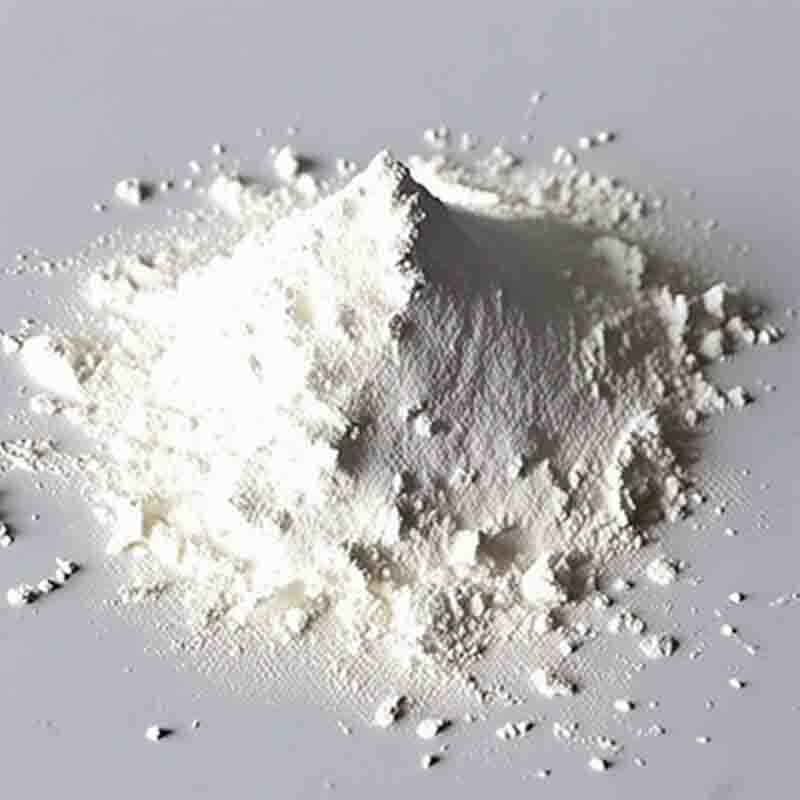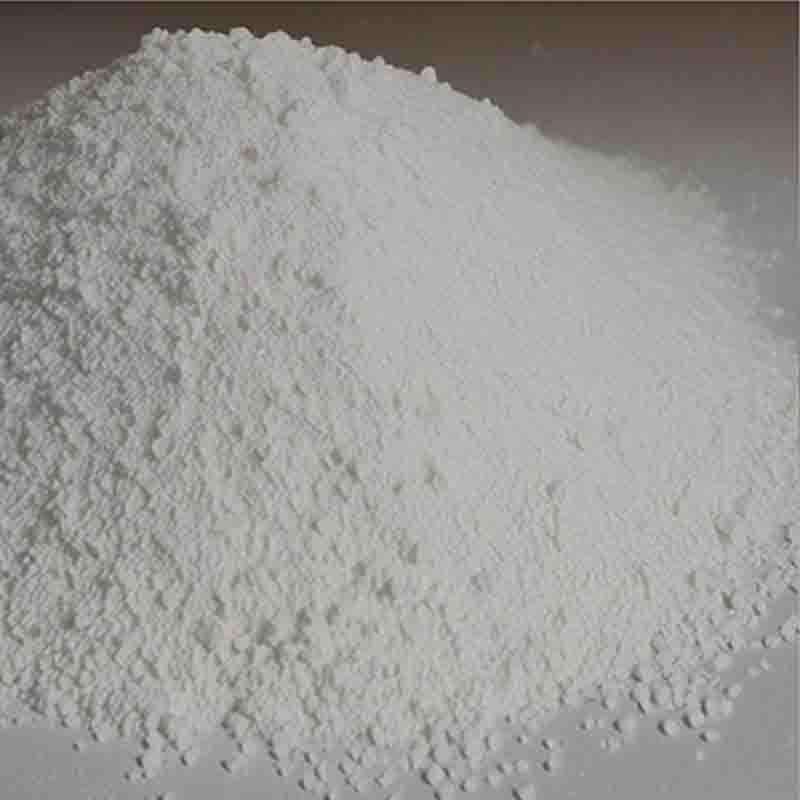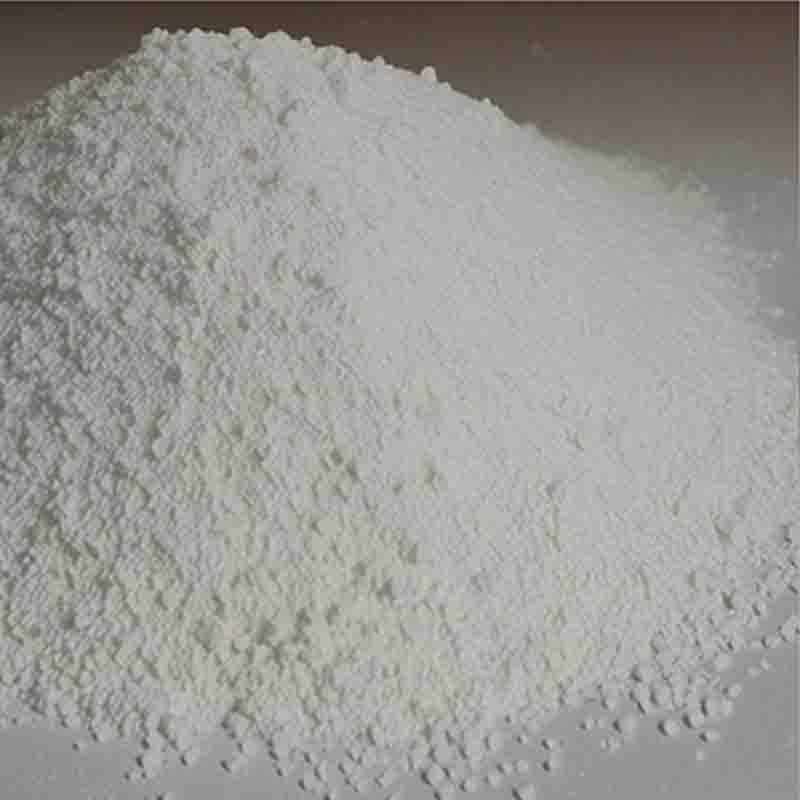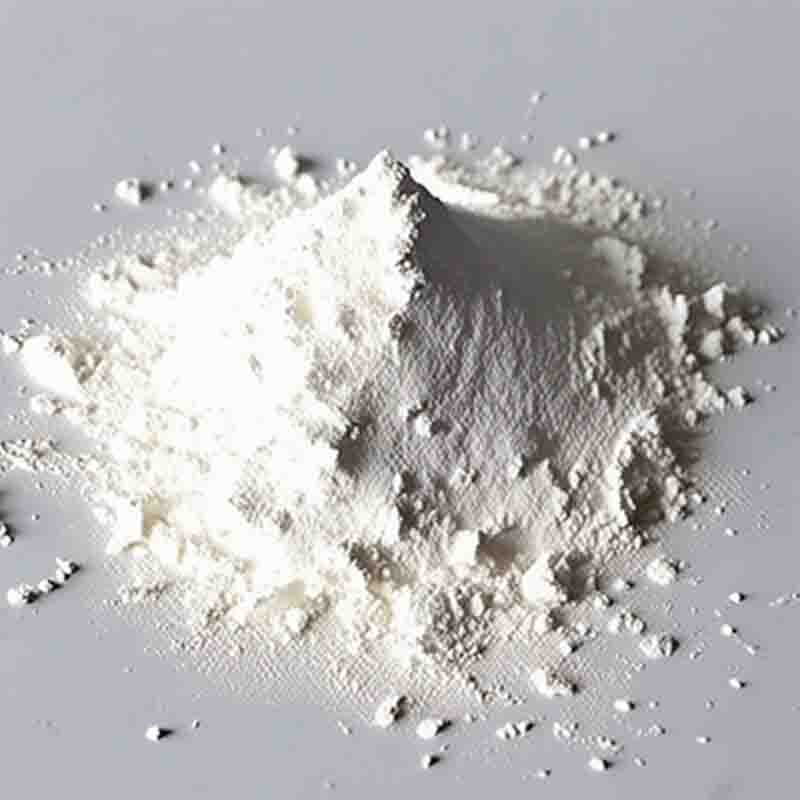Ursodeoxycholic acid CAS: 128-13-2
| Catalog Number | XD94196 |
| Product Name | Ursodeoxycholic acid |
| CAS | 128-13-2 |
| Molecular Formula | C24H40O4 |
| Molecular Weight | 392.57 |
| Storage Details | Ambient |
Product Specification
| Appearance | White powder |
| Assay | 99% min |
Ursodeoxycholic acid (UDCA) is a bile acid that is naturally produced in the human body. It has been widely used for various therapeutic purposes due to its unique properties and mechanisms of action. UDCA plays a vital role in the treatment of various liver disorders and is commonly prescribed by healthcare professionals.One of the primary therapeutic applications of UDCA is in the management of hepatic cholestatic disorders, such as primary biliary cholangitis (PBC). PBC is a chronic autoimmune disease that affects the bile ducts in the liver, leading to impaired liver function. UDCA has been shown to have hepatoprotective effects and can help improve liver function by reducing inflammation and promoting the flow of bile. Regular treatment with UDCA can slow the progression of the disease and improve patient outcomes.UDCA is also used in the management of gallstone disease. Gallstones are hardened deposits that can form in the gallbladder or bile ducts, leading to symptoms such as pain and digestive disturbances. UDCA can help dissolve these gallstones by increasing the solubility of cholesterol in bile. It is commonly prescribed as an alternative to surgical intervention, especially in patients with small stones or those who are not suitable candidates for surgery.Furthermore, UDCA has been explored for its potential role in the prevention and treatment of non-alcoholic fatty liver disease (NAFLD) and non-alcoholic steatohepatitis (NASH). These conditions are characterized by the accumulation of fat in the liver, which can lead to inflammation and liver damage. UDCA has demonstrated hepatoprotective effects in these conditions by reducing liver inflammation and improving liver function tests.UDCA has also shown promise in other areas of medicine, such as the treatment of pruritus associated with cholestasis and certain gastrointestinal disorders. It may also have potential in the prevention of colorectal cancer.As with any medication, UDCA may have potential side effects and interactions with other drugs. It is important for healthcare professionals to carefully evaluate the patient's medical history and consider any potential contraindications before prescribing UDCA. Additionally, regular monitoring of liver function and other relevant parameters is necessary to ensure the safety and efficacy of treatment.In conclusion, Ursodeoxycholic acid (UDCA) is a versatile bile acid that has found extensive use in the management of various liver disorders. Its hepatoprotective properties make it effective in the treatment of hepatic cholestatic disorders and gallstone disease. Additionally, UDCA has shown potential in other areas of medicine, such as the management of NAFLD, NASH, pruritus, and certain gastrointestinal disorders. However, careful consideration of patient history and monitoring for potential side effects are essential for safe and effective use of UDCA.





![5-Difluoromethoxy-2-[(3,4-dimethoxy-2-pyridinyl)methyl]thio-1H-benzimidazole CAS:102625-64-9](https://cdn.globalso.com/xdbiochems/白色粉末2819.jpg)



